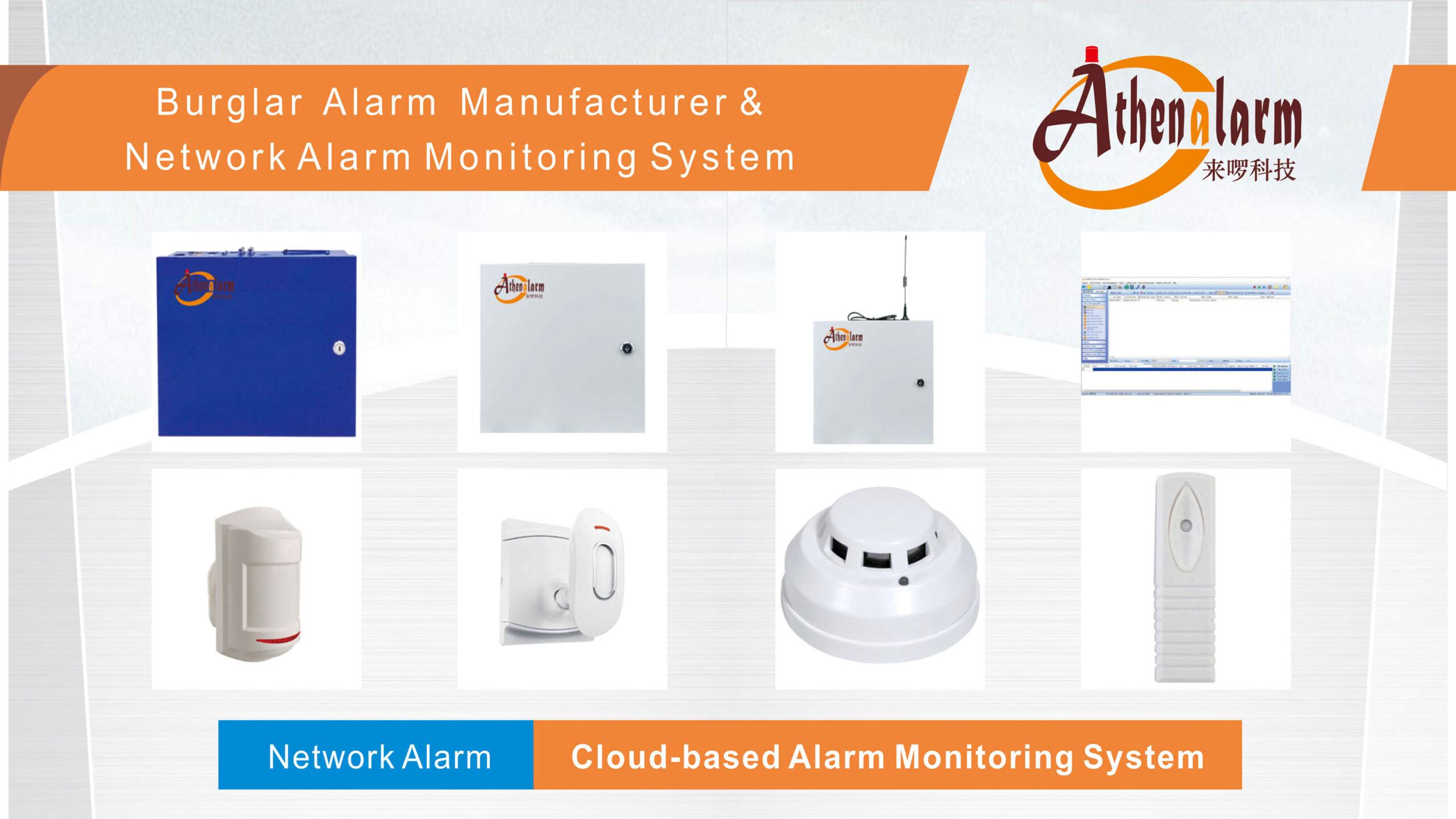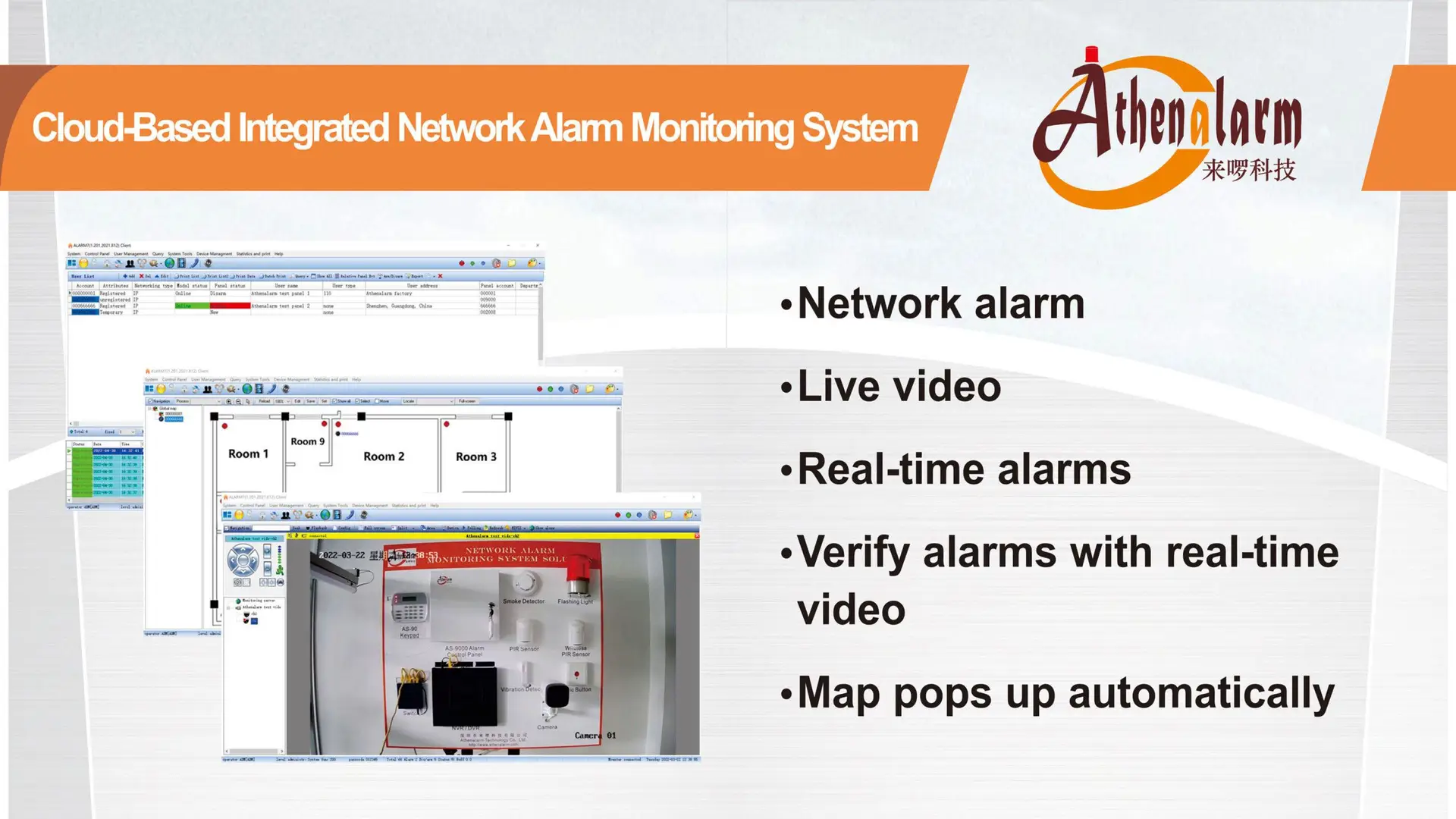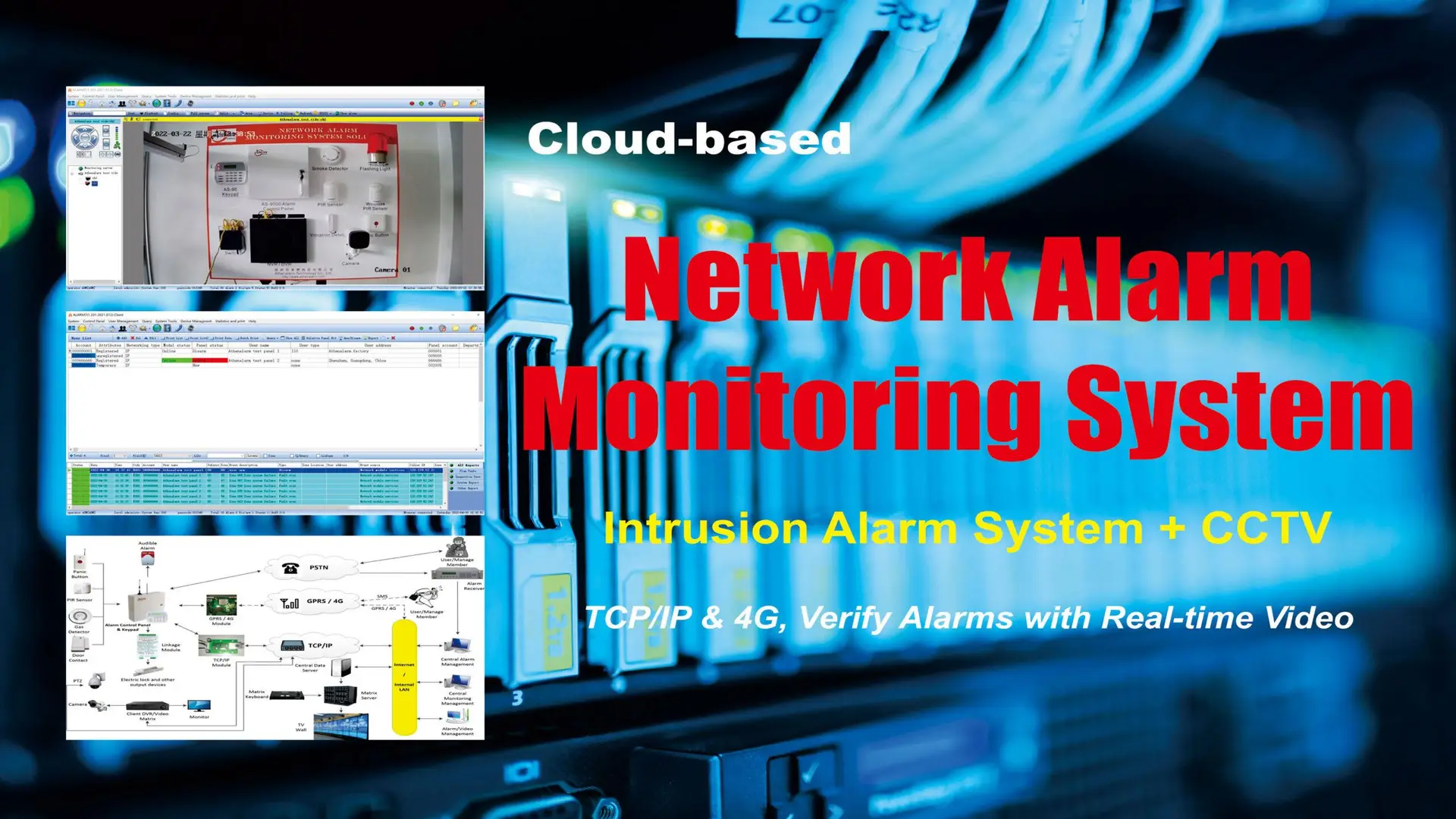



How to Choose the Best Alarm System Manufacturers for B2B Partnerships
In today’s rapidly evolving security industry, selecting the right alarm system manufacturer is a strategic decision that directly impacts product quality, reliability, and market competitiveness. Whether you’re a security distributor, system integrator, or alarm service provider, partnering with a manufacturer that offers cutting-edge technology, robust supply chain capabilities, and scalable solutions is crucial for long-term business success.
With a vast number of manufacturers in the market, how can you identify the best partner for your B2B needs? This guide provides a structured framework to help you evaluate potential manufacturers based on product quality, technological innovation, compliance, support services, and long-term partnership potential.
1. Define Your Business-Specific Security Needs
Before reaching out to manufacturers, clearly define your business’s unique security requirements. Key factors to consider include:
- Target Market: Are you catering to residential, commercial, or industrial security applications? Each sector has distinct requirements, compliance standards, and certifications.
- Product Scope: Do you need a full suite of security solutions, including burglar alarms, motion detectors, video verification, or smart home integrations?
- Technology Preferences: Are you looking for traditional wired systems, wireless solutions, cloud-based platforms, AI-driven analytics, or IoT-enabled alarm systems?
- Scalability & Integration: Will the manufacturer’s products integrate seamlessly with existing security ecosystems or third-party platforms?
- Regulatory Compliance: Do your target markets require specific certifications, such as UL, CE, or FCC approval?
Actionable Step:
- Develop a detailed checklist of technical and business requirements before engaging with manufacturers.
2. Assess Product Quality and Technological Innovation
A high-quality alarm system must be reliable, technologically advanced, and built to withstand real-world conditions. Evaluate manufacturers based on:
- Reliability & False Alarm Reduction: Do their systems leverage AI-driven analytics for enhanced accuracy?
- Durability & Environmental Testing: Are products rigorously tested under diverse conditions to ensure longevity?
- Smart Integration Capabilities: Do their alarm systems support mobile app control, cloud monitoring, and real-time alerts?
- Cybersecurity Measures: Do they implement end-to-end encryption, secure firmware updates, and robust data protection protocols?
Industry Insight:
- Many low-cost manufacturers compromise on cybersecurity, making alarm systems vulnerable to hacking. Prioritize brands that invest in cybersecurity and comply with ISO 27001 security standards.
3. Evaluate the Manufacturer’s Industry Experience and Reputation
A well-established manufacturer brings market credibility, continuous innovation, and long-term reliability. Assess their background by reviewing:
- Company History & R&D Investment: A manufacturer with over 10 years of experience and a strong focus on R&D is more likely to deliver cutting-edge and reliable solutions.
- Industry Recognitions: Look for manufacturers that have won security industry awards (e.g., ASIS, SIA, or Intersec Awards).
- Customer Testimonials & Case Studies: Evaluate real-world success stories from businesses that have partnered with the manufacturer.
Actionable Step:
- Request a company profile and research their past B2B partnerships to verify credibility.
4. Customization, OEM, and ODM Capabilities
For B2B businesses seeking private-label solutions, an ideal manufacturer should offer OEM (Original Equipment Manufacturer) and ODM (Original Design Manufacturer) services. Key factors to assess include:
- Brand Customization: Can the manufacturer customize firmware, hardware, and branding to fit your business needs?
- Flexible Production Options: Do they offer small-batch production for testing before large-scale orders?
- Lead Time & Production Speed: How long does it take to develop and deliver customized products?
Common Pitfall:
- Many manufacturers claim to provide OEM/ODM services but lack real R&D strength. Always verify their engineering capabilities before committing.
5. Ensure Compliance with Industry Standards
Security equipment must adhere to regional and international safety regulations. Verify whether your manufacturer holds these essential certifications:
- UL (Underwriters Laboratories): U.S. safety compliance
- CE (Conformité Européenne): European market certification
- FCC (Federal Communications Commission): U.S. electronic communication compliance
- ISO 9001: Quality management certification
Actionable Step:
- Request a compliance report and confirm regular third-party audits to maintain quality assurance.
6. Assess Technical Support and After-Sales Services
A strong manufacturer partnership includes comprehensive support services. Evaluate:
- Pre-Sales Support: Do they provide expert guidance to help you select the right products?
- Training & Certification Programs: Are there structured training courses for installation and troubleshooting?
- Warranty & Spare Parts Availability: What is the warranty period, and do they guarantee spare part availability?
- Firmware Updates & Security Patches: Do they offer regular software updates to enhance security and functionality?
Common Pitfall:
- Manufacturers with poor after-sales support can cause deployment delays and maintenance issues, negatively impacting customer satisfaction.
7. Analyze Supply Chain Stability and Lead Times
For B2B partnerships, supply chain consistency is critical. Assess manufacturers based on:
- Production Capacity: Can they scale production to meet demand fluctuations?
- Logistics & Distribution: Do they have global shipping capabilities and regional warehouses?
- Raw Material Sourcing: Are they using high-quality electronic components or sourcing low-cost alternatives?
Pro Tip:
- To mitigate supply chain risks, partner with manufacturers that have multiple production facilities or regional distribution hubs.
8. Evaluate Pricing, Profit Margins, and Long-Term Business Potential
While cost is a key factor, value and long-term benefits should take priority over low pricing. Consider:
- Bulk Order Discounts & Pricing Structure: Does the manufacturer offer competitive wholesale pricing?
- Exclusive Partnership Incentives: Are there options for exclusive distribution agreements or co-branding opportunities?
- Return on Investment (ROI): Will their pricing model allow you to maintain healthy profit margins?
Actionable Step:
- Negotiate tiered pricing models based on order volume and long-term commitments.
9. Conduct a Manufacturer Audit Before Commitment
Before finalizing a manufacturer, conduct a comprehensive audit:
- Factory Visit: If feasible, visit their production facility for quality inspection.
- Sample Testing: Order samples and evaluate real-world performance.
- Quality Control Inspection: Ensure that product consistency and manufacturing standards align with your expectations.
10. Conclusion
Selecting the best alarm system manufacturer for B2B partnerships requires a meticulous evaluation of product quality, compliance, technological innovation, and long-term business potential. By choosing a trusted and capable manufacturing partner, you can enhance your product offerings, improve customer satisfaction, and achieve sustained business growth.
A manufacturer is more than just a supplier—they are a strategic partner in delivering cutting-edge security solutions. Make an informed choice, and your business will thrive in the competitive security market.
